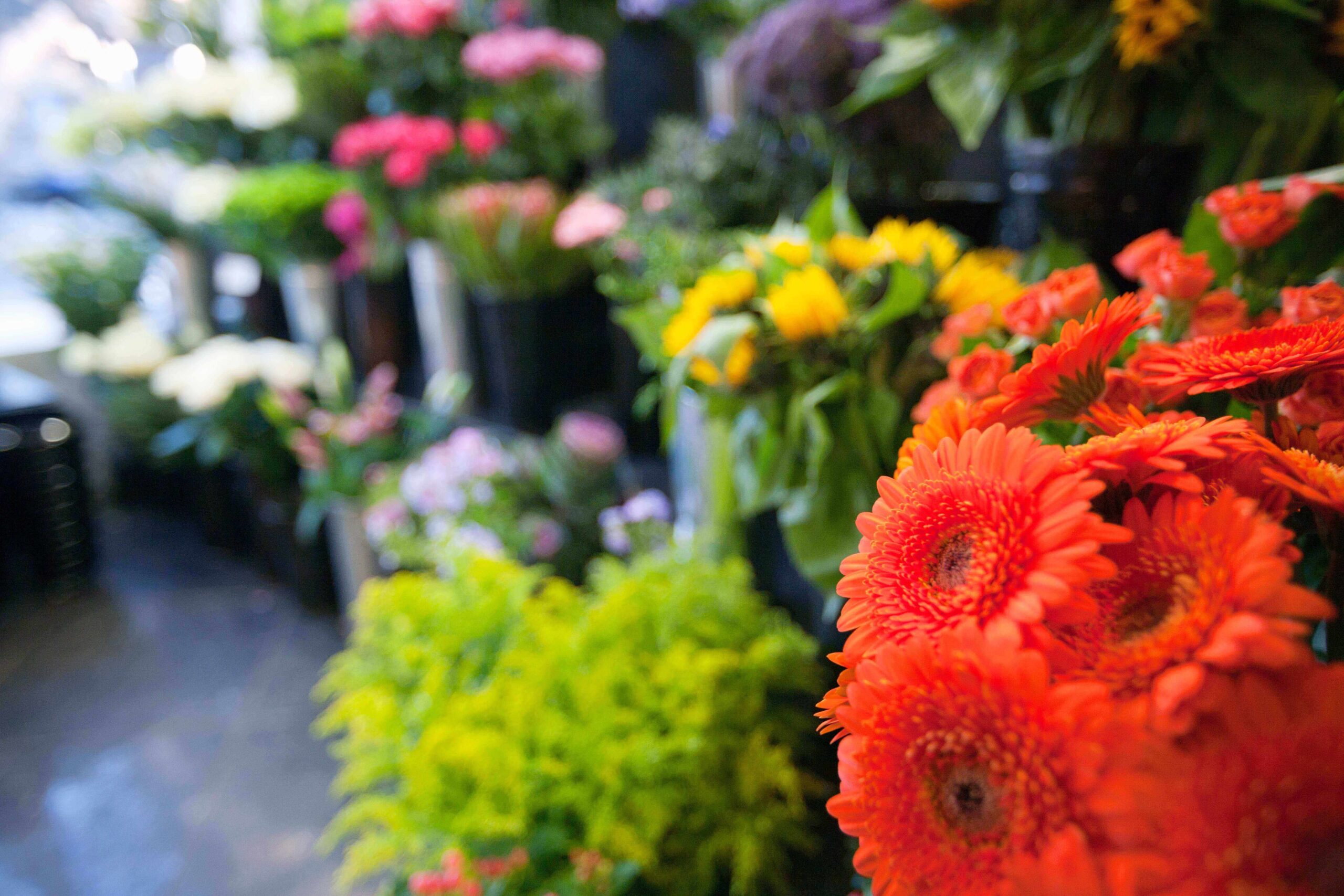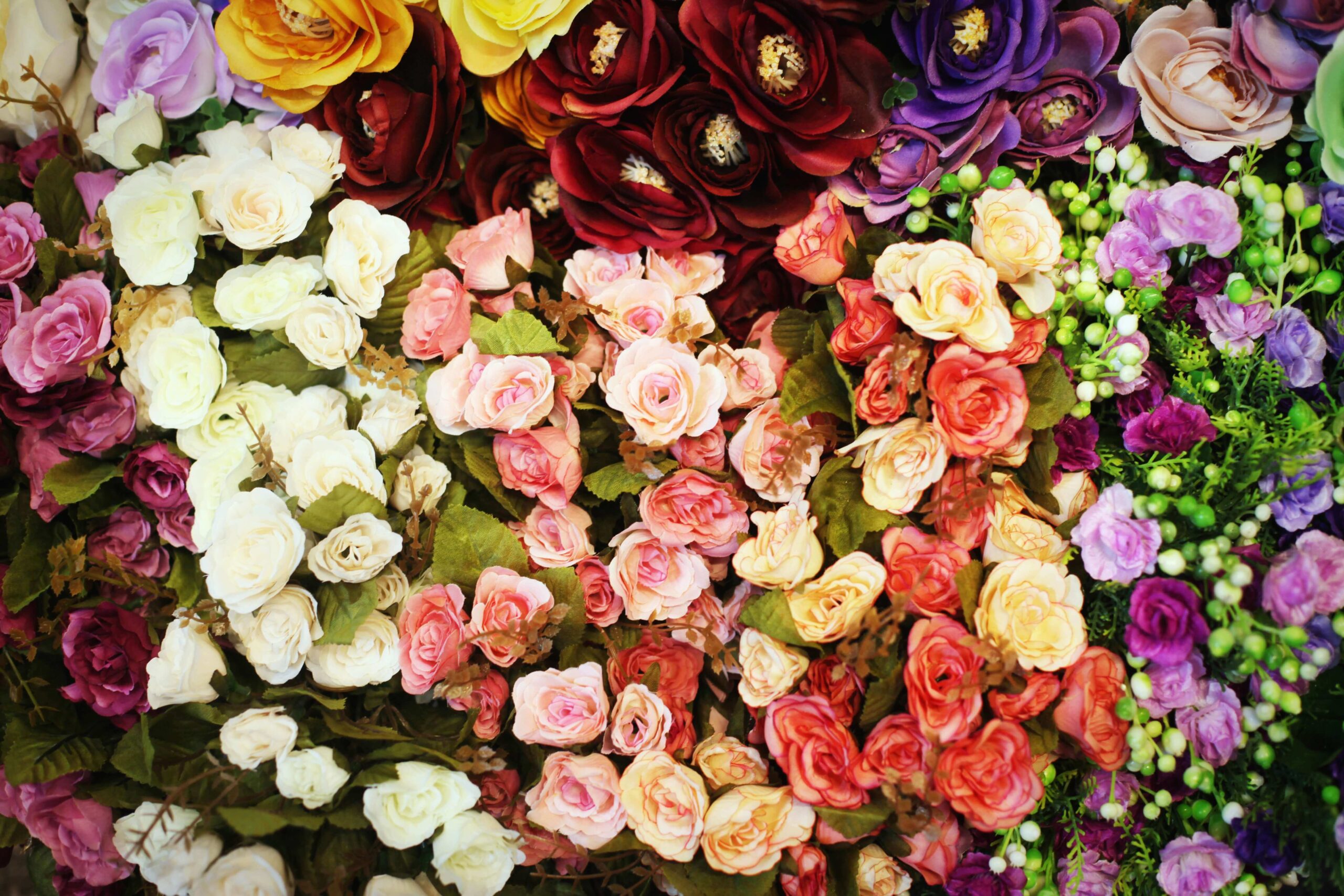Christmas 2020: Significance, History of Christmas and How to Celebrate Christmas

Christmas 2020: Significance, History of Christmas and How to Celebrate Christmas
The feel-good festival of Christmas is one that always manages to perk you up and is probably what we all need this year.
Significance & History
Celebrated on December 25th every year, Christmas is the birthday of Jesus of Nazareth, whose teachings is the basis for the tenets of Christianity. The festival of Nativity, Christmas is when the community celebrates the birth anniversary of Jesus. Sextus Julius Africanus first identified December 25 as the date of Jesus’ birth in 221. While the Christmas tree is a typical symbol of the festival, Pope John Paul called the Christmas tree a symbol of Christ in 2004. The concept of the tree has its origins in the pagan religious celebrations in Europe and has been adopted as a Christmas symbol.
When Jesus was born, it is said that Three Wise Men came and gave him gifts, a tradition that continues to date when families exchange gifts with each other. Celebrations start with a midnight mass especially in Roman Catholic churches and Christmas candlelight services are usually held in the evening on December 24 at Protestant churches. Christmas carols and scripture readings also happen. ‘Christmas’ the name itself means the Mass of Christ and while no one really knows the real birthday of Jesus, the first recorded date of the festival being celebrated on December 25 was in 336 during the reign of the first Christian Roman Emperor Constantine.
Dear Santa
One of the characters that is an integral part of Christmas is Santa Claus. The legend of Santa Claus goes back to St. Nicholas, a monk. It is believed that the Saint had a practice of giving gifts to children and that is how the tradition of Santa Claus came into being. In fact, if you want to meet Santa Claus you must visit Rovaniemi in Lapland, Finland where Santa lives in Santa Claus Village. Santa and Rudolph, the reindeer with the red nose are an inseparable team as they travel together through fresh snowscapes to distribute gifts and happiness. This is the place where there is the Santa Claus’s post office that regularly receives hundreds of thousand letters from 199 countries.
Good Vibes Only
Christmas is not just the time for festivities but also the time to spread joy and cheer as well more importantly the time of good deeds. In fact, the magic of Christmas is undeniable, and this is the time when family reunions happen. Yuletide pleasures include eating ginger bread biscuits and traditional plum cakes. Children typically sing Christmas carols in this time. Being the end of the year, world over, this is now a holiday period and time for family bonding. Christmas celebrations typically involve decorating the home and gardens with lights, Christmas trees and flowers as well. Many orthodox homes also recreate the nativity scene as well that is done up using miniature idols. Food is an integral part of the celebrations and most families have a special meal that usually has turkey and lots of good food. Special events like decorating the neighborhood, concerts and performances as well as charitable activities like arranging meals and shelter for economically weaker people take place.
Different Vibes
Christmas is widely celebrated across the world and Christmas lights are special in most major cities. In fact, seeing the lights on streets and buildings makes for a great start to the festivities. In Norway, children wait for the Norwegian Santa Claus ‘Julenisse’ while in Iceland there is a tradition where Juletide Lads (Santa Claus) fills shoes that the children keep on the windowsill with little goodies. While most of us associate Christmas with Santa Claus, Christmas trees and gifts, there are several unique traditions across the world that are as unique as they are strange. Whether it is the story of Befana the Christmas witch in Italy, the Caganer in Spain or Ukraine’s Legend of the Christmas Spider, there are many ways that the festival is celebrated across the world. The Swedish Yule Goat, Krampus in Austria, Hiding Brooms in Norway, Throwing Shoes in Czech Republic, Christmas Eve Saunas in Finland and the tradition of eating fried caterpillars in South Africa are all associated with unusual celebrations of the festival. Christmas markets are a big draw in most countries as well and make for great shopping especially for local souvenirs and good eats. As a festival that binds the family and spreads cheer there is little match to the charm of Christmas.





